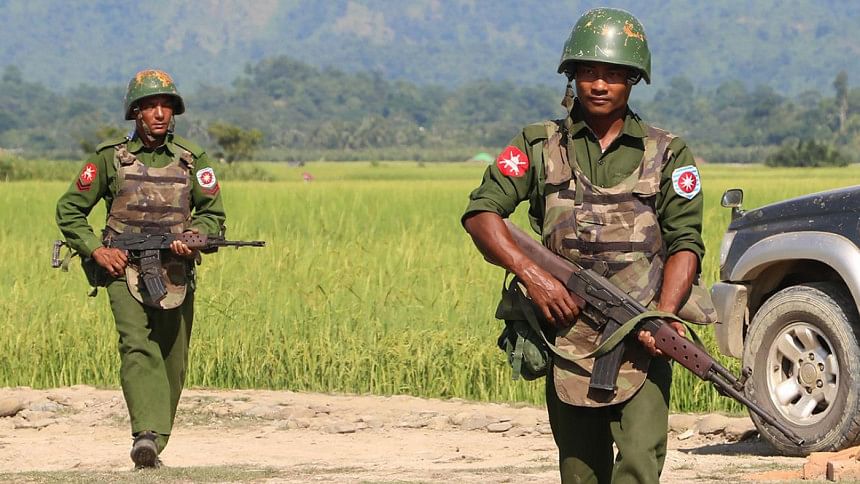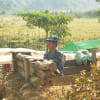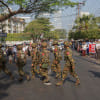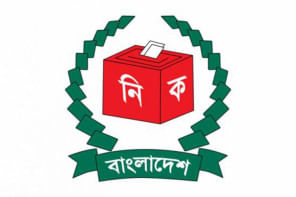‘Aid groups barred in Rakhine sparking security concern’

The Rakhine State government has banned all humanitarian assistance groups from villages in northern Rakhine State where renewed violence recently has sparked security concerns, reported Myanmar Times today.
The ban, which has been enforced since last Friday, includes the townships of Buthidaung, Maungdaw, Ponnagyun, Kyauktaw and Rathedaung, according to the state government's Information Department.
The International Committee of the Red Cross (ICRC) and World Food Programme (WFP) are exempted from the ban, it said.
The area has witnessed clashes between the Tatmadaw (military) and Arakan Army, the latest of which was on January 4, that have resulted in the killing of 14 police officers and the wounding of nine others.
U Soe Aung, head of Maungdaw Township, confirmed on Sunday an instruction from the state government that the United Nations and all local and foreign non-governmental organisations are prohibited from visiting the areas due to security concerns.
U Soe Aung said all humanitarian assistance groups must submit applications to the state government's Cooperation Committee under the Security and Border Affairs Ministry to visit villages.
U Tun Aung Thein, state MP for Buthidaung, said villages in remote areas could face food shortages unless international organisations could provide humanitarian assistance.
"At present, there may be enough food for refugees, but the refugees increase every day and will face trouble if the NGOs can't visit villages to provide aid," he said.
U Aung Hla, 65, a refugee at War Taung camp who fled from Lae Quae village because of clashes between the military and AA, said there is still enough food because of donations from NGOs, but it's not sure how long the donations will last.
"There is enough rice so far, but we need other necessities like oil and salt," he said.
The United Nations Office for the Coordination of Humanitarian Affairs said in a statement that over 5000 people had fled their homes in conflict zones and are taking refuge in nearby monasteries and other places.
The military and AA have clashed sporadically since November. On December 21, the military declared a four-month ceasefire in several areas, except Rakhine, where it is fighting armed ethnic groups.
The AA was formed in Rakhine in 2009 to protect ethnic Arakan people, one of the 135 ethnic groups in the country.

 For all latest news, follow The Daily Star's Google News channel.
For all latest news, follow The Daily Star's Google News channel. 







Comments